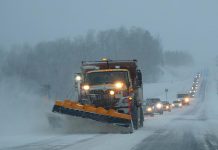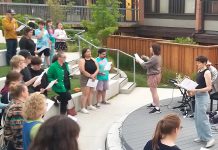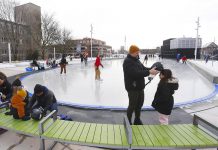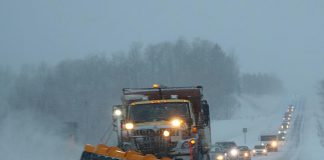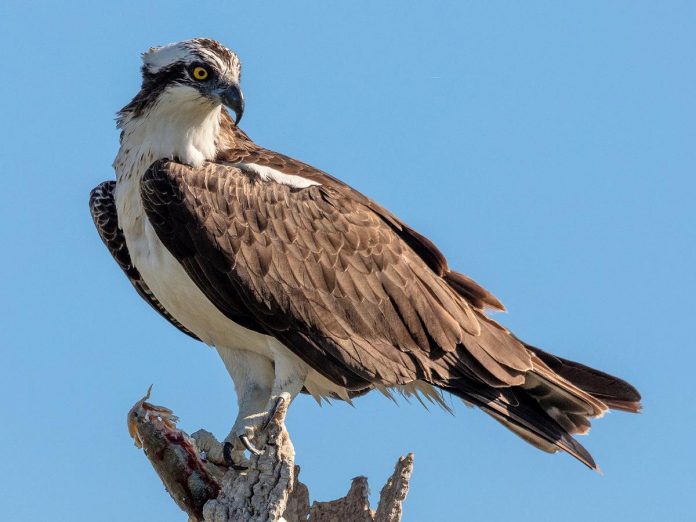
Amidst a quest to become a “Bird Friendly City” in the wings in the City of Kawartha Lakes, residents are invited to vote for their favourite feathered friend in a contest to kick off awareness.
The Bird Friendly Kawartha Lakes (BFKL) team has launched the Kawartha Lakes Bird of the Year contest, where community members can cast their ballot for their choice bird from a selection of 11.
“As we celebrate the City of Kawartha Lakes becoming Canada’s most recent bird-friendly certified city, we are looking forward to promoting local bird-friendly initiatives starting with a competition to choose our inaugural annual bird,” Thom Luloff, BFKL group member, told kawarthaNOW.
Luloff is the academic quality assurance lead and a professor in the school of environmental and natural resources sciences at Fleming College’s Frost campus in Lindsay. He also serves as board chair of the Kawartha Wildlife Centre.
“This competition will be a wonderful opportunity for bird enthusiasts of all ages to come together, celebrate our avian neighbours, and showcase the incredible diversity of bird species that call Kawartha Lakes home while inspiring action to protect and conserve birds in the City of Kawartha Lakes,” he said.
A Bird Friendly City is a community where threats to birds are reduced, and nature is restored so native bird populations can thrive. Residents are actively engaged in admiring and monitoring local bird populations, and organizations host events to protect birds. When a city gets certified as bird friendly by Nature Canada, it means it has met important standards to keep birds safe, the group noted in a media release.
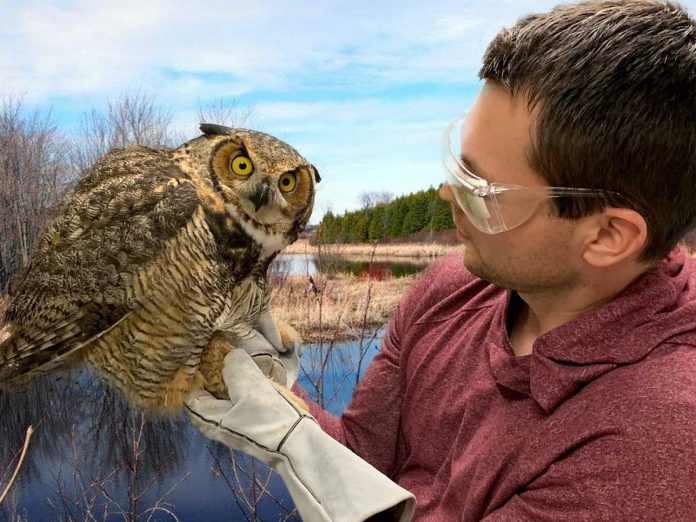
In the last 50 years, North American bird populations have dropped by more than 25 per cent. Luloff, who teaches in the conservation biology and fish and wildlife programs, said he knows firsthand “the multitude of pressures that birds are facing in our local area.
“Rapid urbanization and land development have resulted in habitat loss and fragmentation, diminishing the availability of suitable nesting and foraging sites for many bird species,” he said. “Predation from domestic cats (and) collisions with buildings and vehicles have also emerged as significant threats, leading to injuries and fatalities, particularly during migration seasons.”
Additionally, the effects of climate change — such as altered precipitation patterns and habitat shifts — have added pressure on bird populations, challenging their ability to adapt to rapidly changing environmental conditions, Luloff added.
For the Kawartha Lakes Bird of the Year contest, there will be two rounds of voting, with the first round closing on Migratory Bird Day, which is on May 11. The top five birds will move on to the second round of voting, which will close on June 28.
There are 11 birds on the docket: the northern cardinal, the black-capped chickadee, the American goldfinch, the barred owl, the red-winged blackbird, the tree swallow, the eastern loggerhead shrike, the osprey, the downy woodpecker, the blue jay, and the barn swallow.
During the second round of voting, the Bird Friendly Kawartha Lakes social media accounts will feature fun facts about each of the five birds and why they’re important to the community.
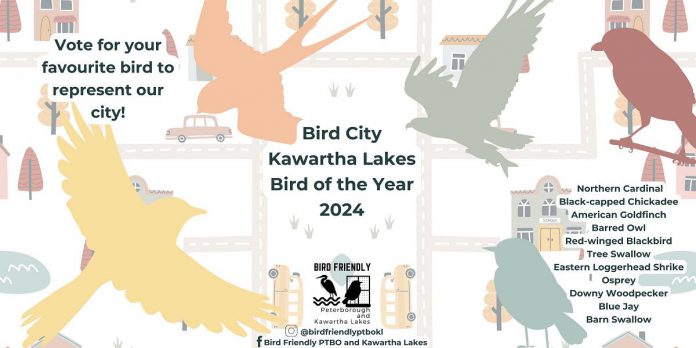
The official Kawartha Lakes’ Bird of the Year, as voted by participants, will be revealed on June 30. To find out more about the competition and to vote, visit the Jump In Kawartha Lakes website jumpinkawarthalakes.ca/bird2024. You will need to register for a free account to cast a vote.
Since 2023, BFKL has been working with Nature Canada and the City of Kawartha Lakes towards achieving the bird-friendly city designation. The group submitted an application on behalf of the municipality in February 2024. The City of Peterborough and Selwyn Township have already previously received the certification.
BFKL consists of representatives from the Kawartha Lakes Environmental Advisory Committee, Kawartha Conservation, Kawartha Land Trust, Fleming College, Kawartha Field Naturalists, Kawartha Wildlife Centre, and Kawartha Bird Control.
Meanwhile, to confront some of the challenges impacting area birds, Luloff’s students have responded with concrete action by forming the Fleming Bird Conservation Committee.
“The students have installed professional window collision decals on the Frost Student Association Building — the Auk’s Lodge — making this the first bird-safe certified building in the entire region,” he noted.
“With the actions of our current students in mind and being inspired by this collective action, I represent this group on the BFKL team, and proudly showcase the efforts that can be achieved with collaborative effort. It is my hope to encourage more residents in our community to follow their example.”


